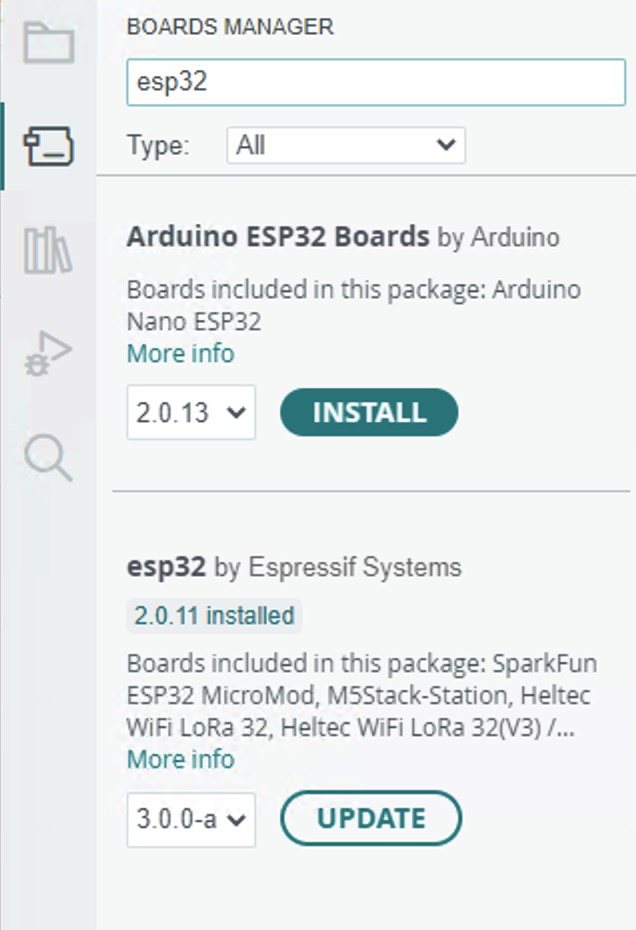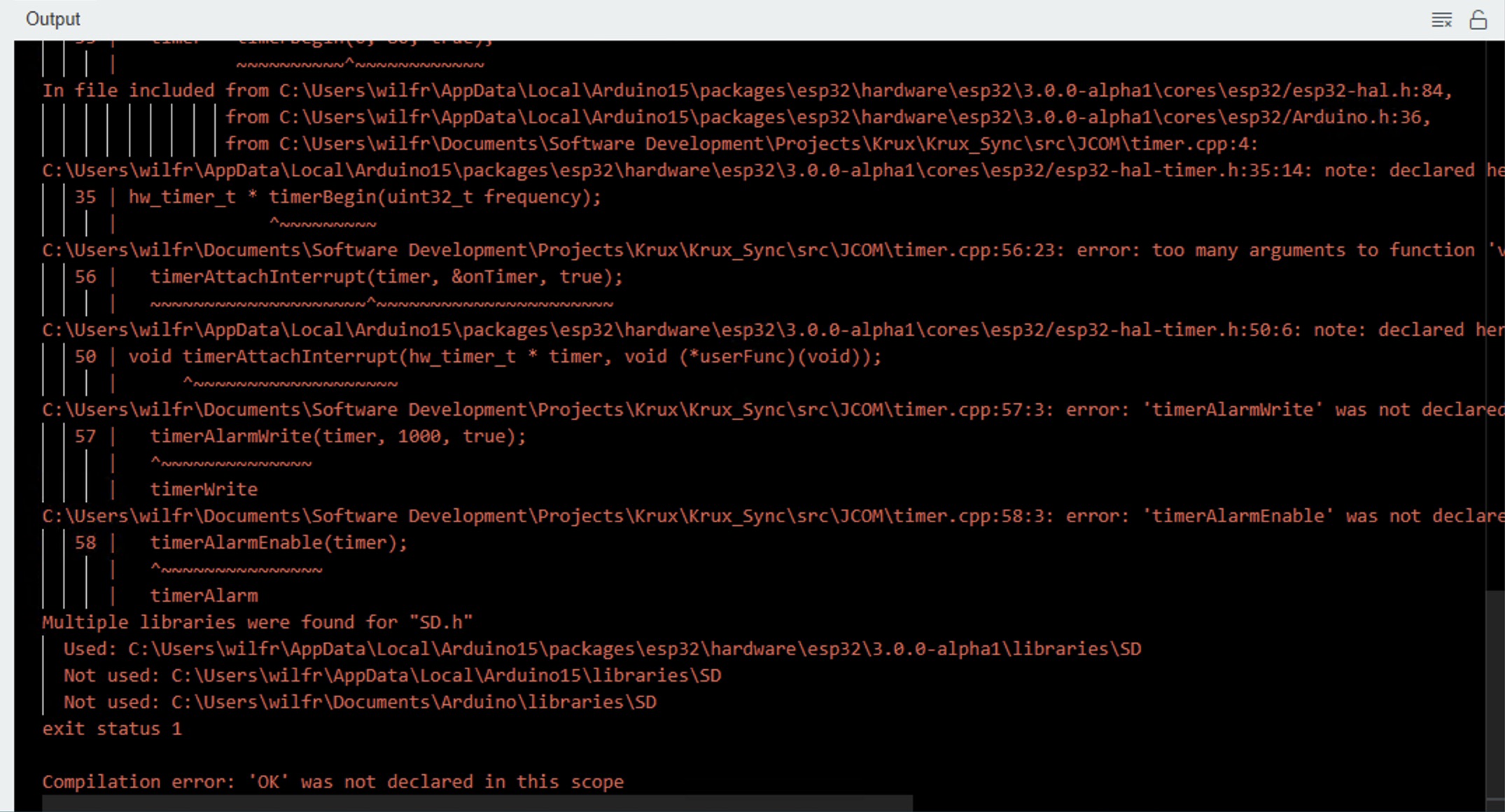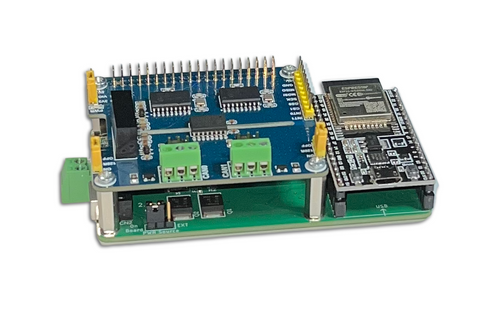Blog
Recent Posts
Do NOT Install ESP32 by Espressif Systems Version 3.0-alpha1
Posted by on

Today, I experienced a little scare. As usual, I opened the Arduino IDE on my Windows-11 machine, and as a first action, I allowed the recommended updates. Not suspecting any significant problems, I added some code and compiled it, only to end up with multiple error messages.
I found nothing wrong with the code I had added, and the error messages didn't make sense. They mainly pointed to the code for the internal CAN controller and ESP timer programming.

Both features, CAN and timer functions, are vital to my SAE J1939 and NMEA 2000 applications. I switched to my previous program version only to experience the same problem.
I went so far as to re-install the IDE, starting with the legacy version 1.8.X and then back to 2.2.1, but without success. So, I started looking into the Boards Manager, specifically the ESP32 code by Espressif, and switching back to version 2.0.11 did the trick.
Until today, I firmly believed that updates should not be questioned and that the people at Espressif test new versions extensively. But finding myself in a situation where all my standard libraries don't work was nerve-wracking.
espBerry - ESP32 Development Board with Dual Isolated CAN Bus HAT
The espBerry DevBoard combines the ESP32-DevKitC development board with any Raspberry Pi HAT by connecting to the onboard RPi-compatible 40-pin GPIO header.
The Dual Channel CAN Bus expansion HAT, designed for the Raspberry Pi, supports the full CAN2.0 Standard, and it features multi onboard protection circuits, high anti-interference capability, and reliable operation. As a result, it suits applications such as automotive devices or industrial automation.
The HAT is well documented, and there are multiple code samples using the C programming language under the Arduino IDE.
 Loading... Please wait...
Loading... Please wait...

